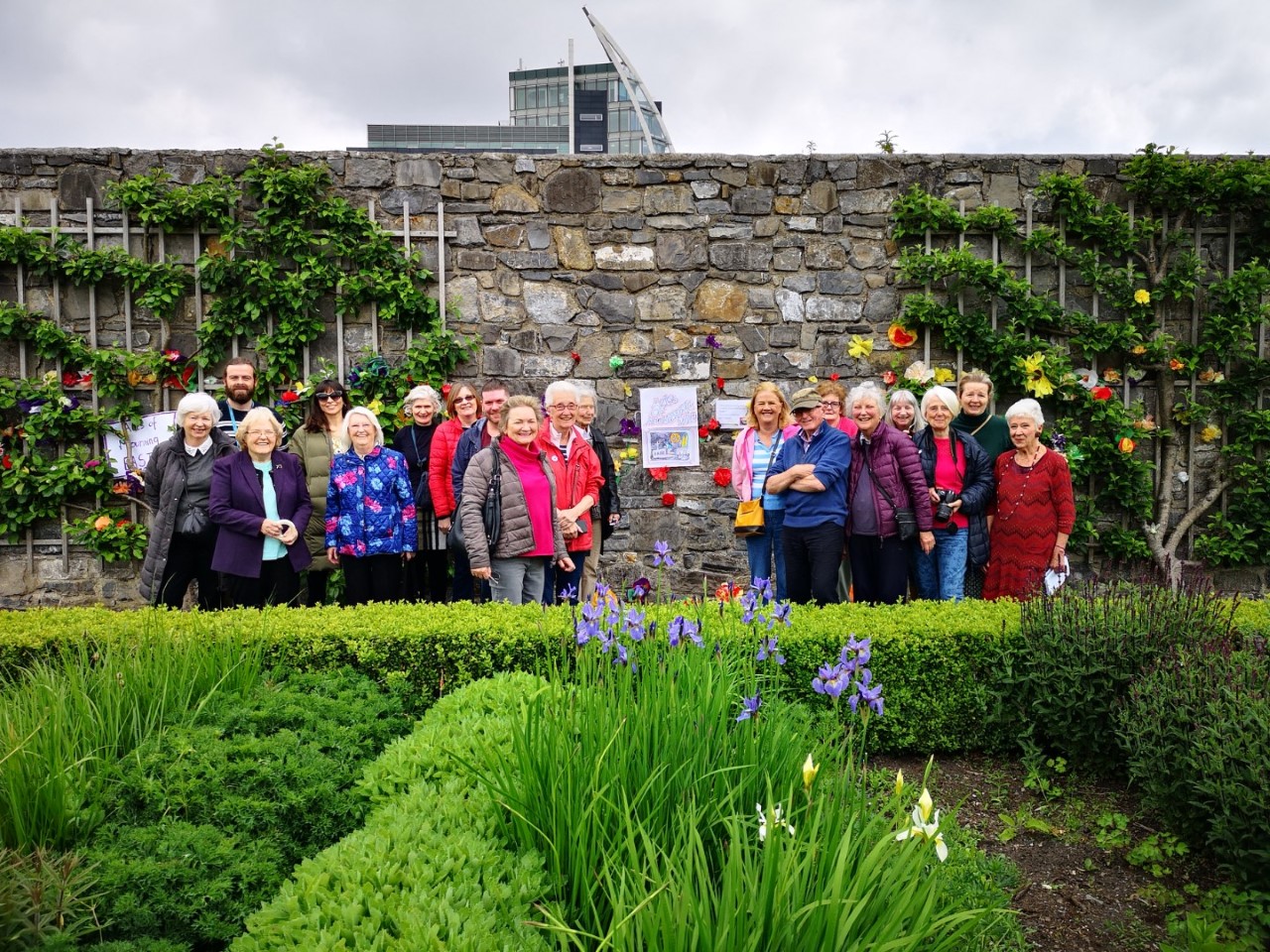IMMA International Summer School, ART AND POLITICS #3 containment

This year’s IMMA International Summer School takes place online between 21 June and 9 July 2021. Focusing on the theme of containment, this free programme of seminars, discussions and workshops will feature a range of national and international artists, theorists and educators. Over the three-week programme, we will explore how mapping, border regimes, architecture and the politics of incarceration inflect contemporary culture and how art and artists explore, question and engage with this subject.
The Summer School is a multi-annual initiative, exploring the relationship between art and politics. Each year, a key theme is selected; this year’s theme, ‘containment’, has been chosen for its resonance with so many aspects of contemporary experience. Containment is a fundamental feature of the human condition; our earliest experience is of being held and contained by another. Containment can make us feel safe but it can also be experienced in terms of confinement and separation. Containment can be applied to how we conceptualise space, material and data, how we ‘map’ our surroundings or claim territory, and how we think through lines, categories and borders. Containment can be a political strategy (such as US foreign policy during the cold war) or a strategy for social control; in fact, the logic of containment continues to animate current border regimes and technologies worldwide. Strategies of containment also underpin the politics of incarceration and detention. In Ireland this was a feature of the Mother and Baby homes and the Magdalene Laundries established to contain women and children and, more recently, it has defined and shaped the structures of Direct Provision devised to contain people seeking asylum. Containment has also been a core principle of recent worldwide public health measures in response to the pandemic.
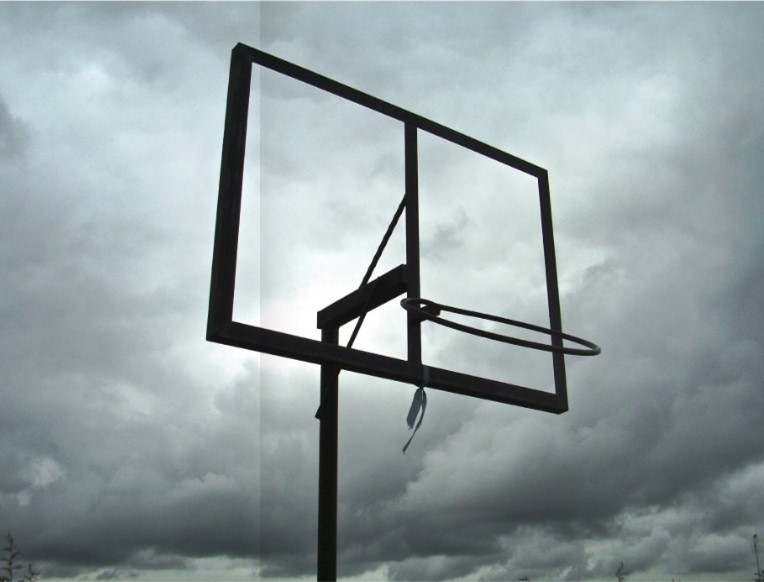
Some of the ideas that will be explored during the Summer School include the uses of mapping as a strategy of both appropriation and resistance; the role of borders and border technologies; carceral capitalism; containment and public health; architectures of containment; containment as a psychic state; cognitive mapping and figure-ground apprehension.
Having identified this year’s thematic, we have structured the programme around a set of related key research questions. Two fundamental questions underpin this year’s summer school: What role does containment play in the way we conceive of and organise the world around us? and How can art and artists reflect on and critique these cultural, social, and cognitive strategies of containment?
To explore these questions, we have invited a range of contributors – artists, writers and educators –including Beatriz Colomina, Lawrence Abu Hamdan, Romuald Hazoumè, Jackie Wang, Emma Wolf-Haugh, Nils Norman, Rajinder Singh and Alice Feldman, RESOLVE, Sarah Kariko, John Wilkins, Kimberley Campanello, Vukašin Nedeljković and Róisín Power Hackett.
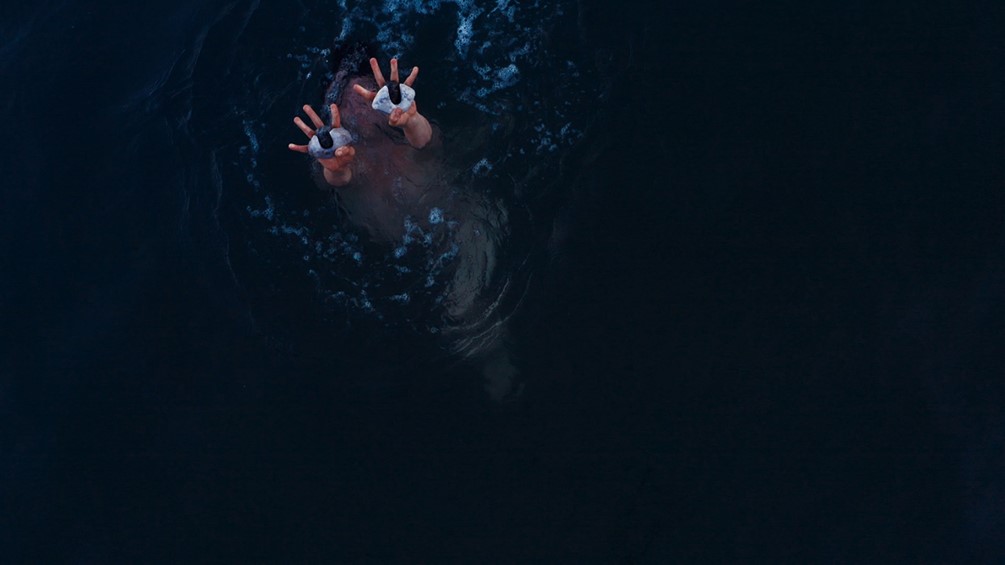
The Summer School programme develops every year as we learn from the experience of our contributors and participants; as a result, each School is not a discrete unit but an iteration of an ongoing research exercise.
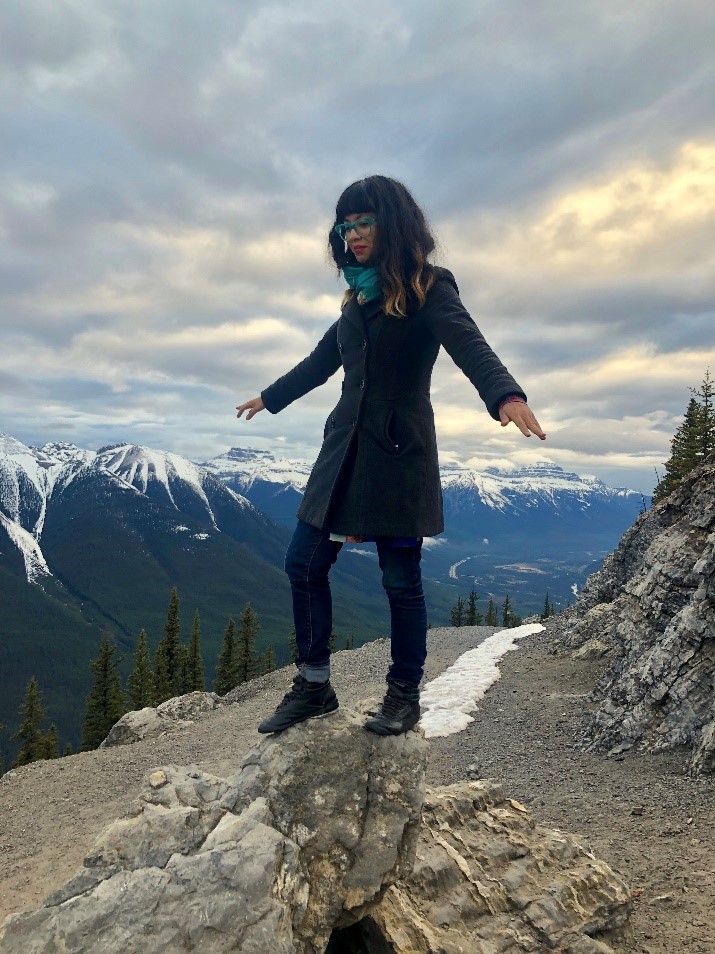
Learning on the Summer School takes place through lectures, discussions and workshops and the sharing of information, ideas and resources. Our thinking has been influenced by the kinds of alternative educational principles and philosophies that have become a key focus for contemporary art. With the Summer School programme, we aim to create level learning relationships. Everyone brings specific knowledges and skills to a programme like this. It is our view that the most successful, transformative educational experiences unlock these knowledges and skills by creating possibilities for collaboration, co-learning and solidarity. The Summer School is interdisciplinary, participatory and its structure is both vertical and horizontal: vertical in that it provides an opportunity to drill down into or build up a subject or theme; and horizontal in that participants learn from the presenters and from each other and we learn from them. In this way, the summer school continues to be shaped, year to year, by the participants’ knowledge and experience.
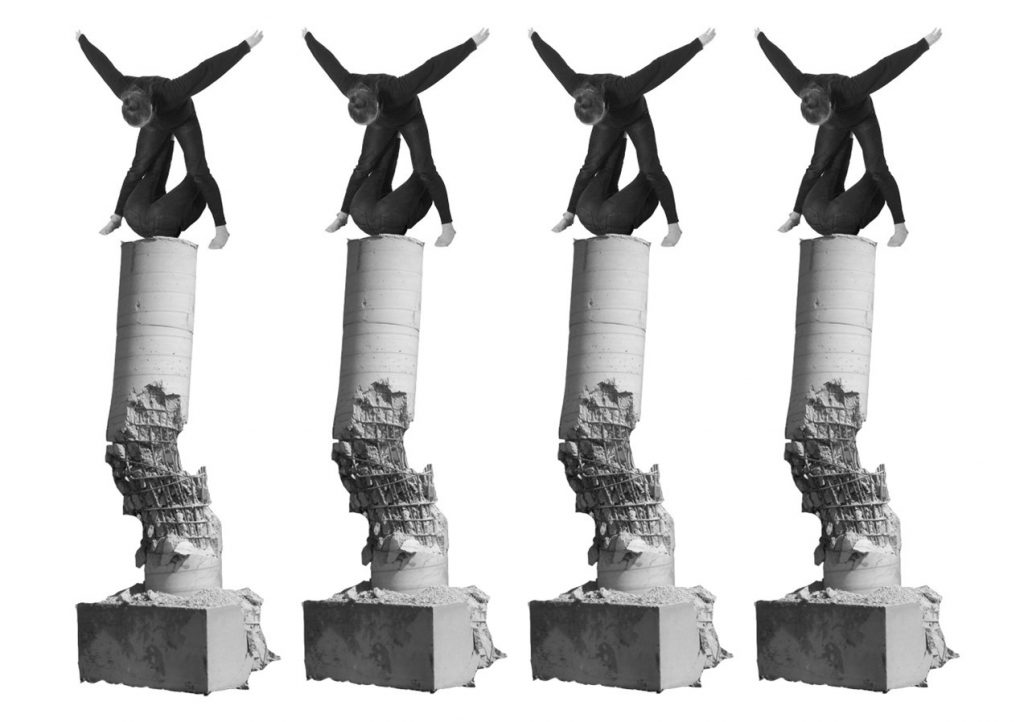
Most of the Summer School happens online, enabling participants from all over the world to take part. While students and scholars and researchers are actively encouraged to take part, anyone with an interest in the subject matter and who is willing to undertake the work involved is welcome to participate. This year we have more than 70 participants from 22 countries.
The Summer School also provides an opportunity for the participants, many of whom may never get to visit Ireland, to get to know IMMA and its programmes, even if only virtually, creating a community of interest which continues to engage with IMMA beyond the life of the summer school. Participants are introduced to IMMA’s history and programmes as well as its beautiful buildings and grounds. Several of IMMA’s programming team will introduce participants to aspects of IMMA’s past, current and future exhibitions and its environs and grounds. This year Rachael Gilbourne, Assistant Curator: Exhibitions – Projects & Partnerships, will discuss the potential of site in terms of her practice, both at IMMA and with RGKSKSRG, exploring how context can act as a container and a maker of meaning. Seán Kissane, Curator: Exhibitions, will introduce the first chapter of the forthcoming museum-wide exhibition of work from IMMA’s Collections the Narrow Gate of the Here and Now and Janice Hough, IMMA Residency and Artist Programmer, will talk about IMMA’s Artist Residency Programme.
In devising the structure for the summer school, we have thought a lot about the role of research in a contemporary art museum and the possibilities for engaged public pedagogy that spans and explores disciplines, drawing on expertise and knowledge from many different sources. Contemporary art is, by its nature, a space for thinking across and against disciplinary boundaries. As a contemporary art museum, IMMA is in a position to be a home or, at very least, a way station for different approaches to knowledge, research and pedagogy. In this way, the Summer School is a space for thinking together beyond the confines of borders or physical boundaries. We are very excited to welcome the school of 2021 to join us in manifestation of IMMA in the shared virtual space of Zoom in June!
Many of the Summer School talks are open to the public and details of the programme and how to book will be available on our website, click here for details.
Categories
Up Next
IMMA 30: Celebrating 30 years of Studio 10
Thu May 20th, 2021